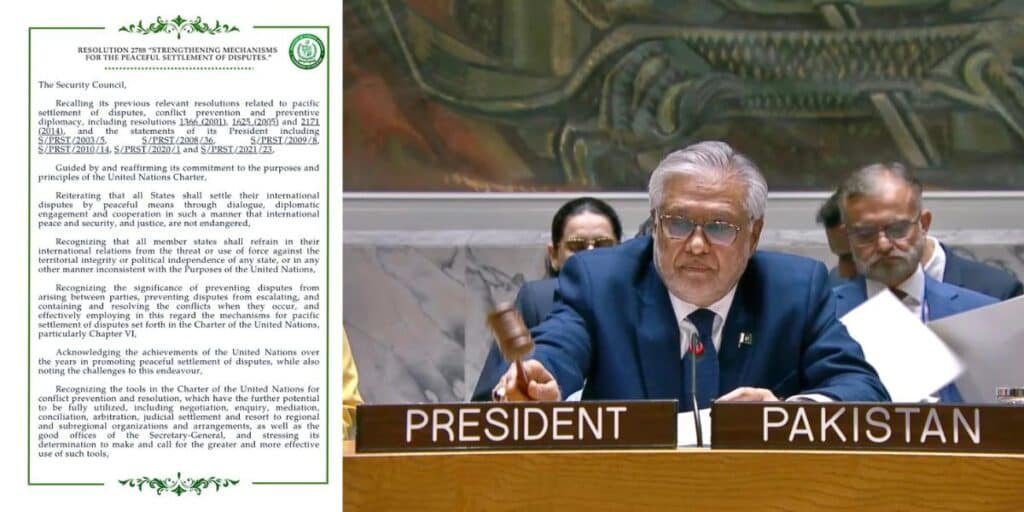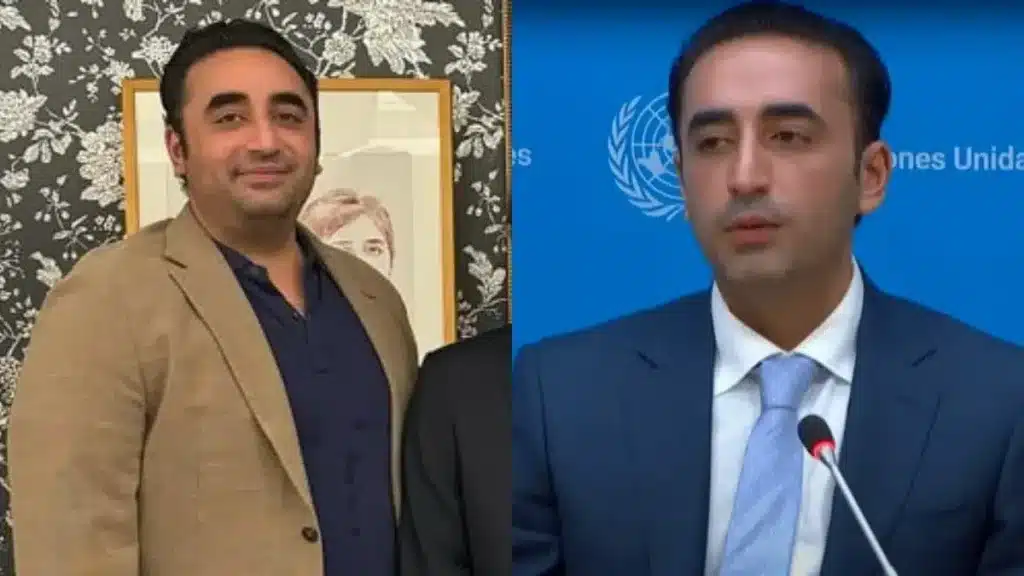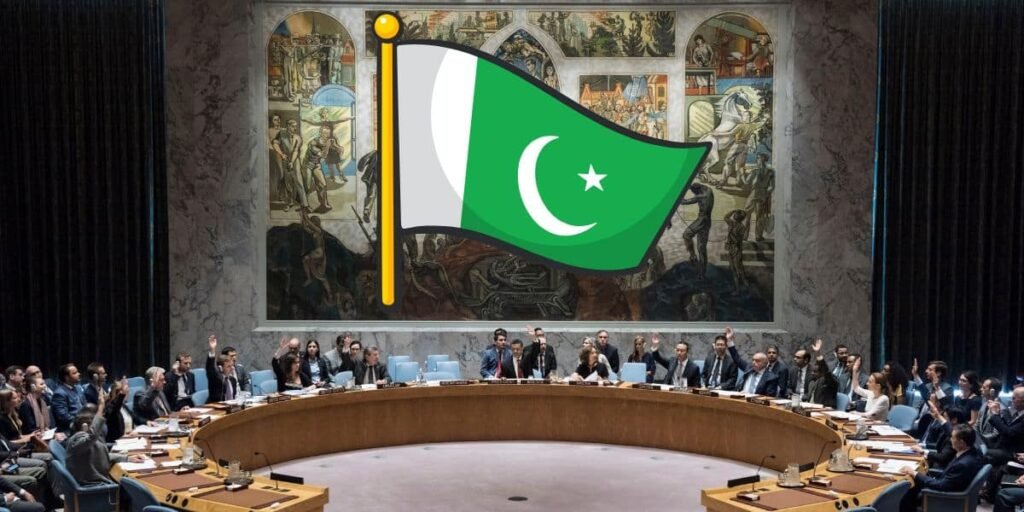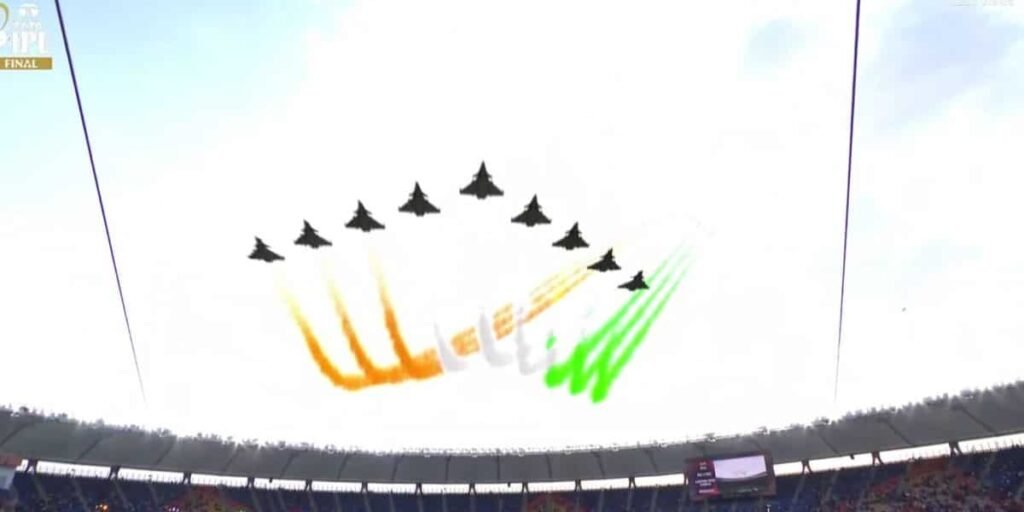Webdesk: The United Nations Security Council (UNSC) has unanimously adopted a resolution on global peace put forward by Pakistan, urging countries to prioritise peaceful solutions to disputes. The resolution, officially numbered 2788 (2025), highlights the importance of dialogue, diplomacy, and mediation over military action.
Resolution 2788 “Strengthening mechanisms for the peaceful settlement of disputes.”
The adoption of the resolution on global peace marks a key moment during Pakistan’s current presidency of the Security Council. Deputy Prime Minister and Foreign Minister Mohammad Ishaq Dar, who chaired the high-level open debate, described the peaceful settlement of disputes as “the lifeline of global stability.”
In his speech at the debate, Dar emphasised the necessity to restore multilateral cooperation and advised against the neglect of peaceful forms. “Multilateralism is not merely a diplomatic convenience; it is the need of the art,” he said.
He further urged a reinstatement of ideals that had informed the UN Charter, a reminder to the Council that it had emerged as the post-conflagration embers of the global conflict. “It is time to return to the spirit of San Francisco,” he added.
The resolution on global peace, while not naming specific conflicts, contains strong language that Pakistani officials say refers indirectly to long-standing issues like Palestine and Kashmir.
One clause calls on states to “refrain from the threat or use of force against the territorial integrity or political independence of any state, or in any other manner inconsistent with the Purposes of the United Nations.”
Pakistani officials believe this statement touches on recent tensions in South Asia. In May, a deadly attack in Pahalgam pushed India and Pakistan to the brink of a military confrontation, raising serious concerns about regional stability.
The resolution on global peace also highlights the importance of fulfilling past UN decisions. It urges countries to take “necessary measures for the effective implementation of Security Council resolutions for the peaceful settlement of disputes.” Both the Kashmir and Palestine conflicts have long histories at the UN, with several resolutions still awaiting enforcement.
UN Secretary-General António Guterres, addressing the debate, said: “Peace is a choice. And the world expects the UN Security Council to help countries make this choice.” He acknowledged the reality of competition between states but pointed to cooperation as the “sustainable pathway to peace.”
The debate, titled Promoting International Peace and Security through Multilateralism and Peaceful Settlement of Disputes, drew participation from more than 80 UN member states. Many supported Pakistan’s call for reinvigorating the UN’s role in conflict resolution.
Islamabad, currently serving as a non-permanent member of the Security Council, has hailed the passage of Resolution 2788 as a significant diplomatic success. Officials say it strengthens the global call for peaceful dispute resolution at a time of increasing geopolitical tensions.
The UN Security Council unanimously adopted, under Pakistan's Presidency, Resolution 2788, on “Strengthening Mechanisms for the Peaceful Settlement of Disputes” in a UNSC session presided by the Deputy Prime Minister/Foreign Minister, Senator Mohammad Ishaq Dar @MIshaqDar50… pic.twitter.com/tE9cNEswyK
— Ministry of Foreign Affairs – Pakistan (@ForeignOfficePk) July 22, 2025
The resolution on global peace also promotes higher cooperation between the UN and regional/sub-regional organisations to assist in maintaining peace and avoiding the escalation of conflicts.
Following the unanimous adoption of the resolution encouraging global peace, Pakistan has reasserted its role as a firm proponent of diplomacy on the international scene. A role it hopes will help towards the peaceful resolution of some of the deepest-rooted conflicts in the world.
Read more: Pakistan signs landmark UN agreement to protect marine biodiversity






